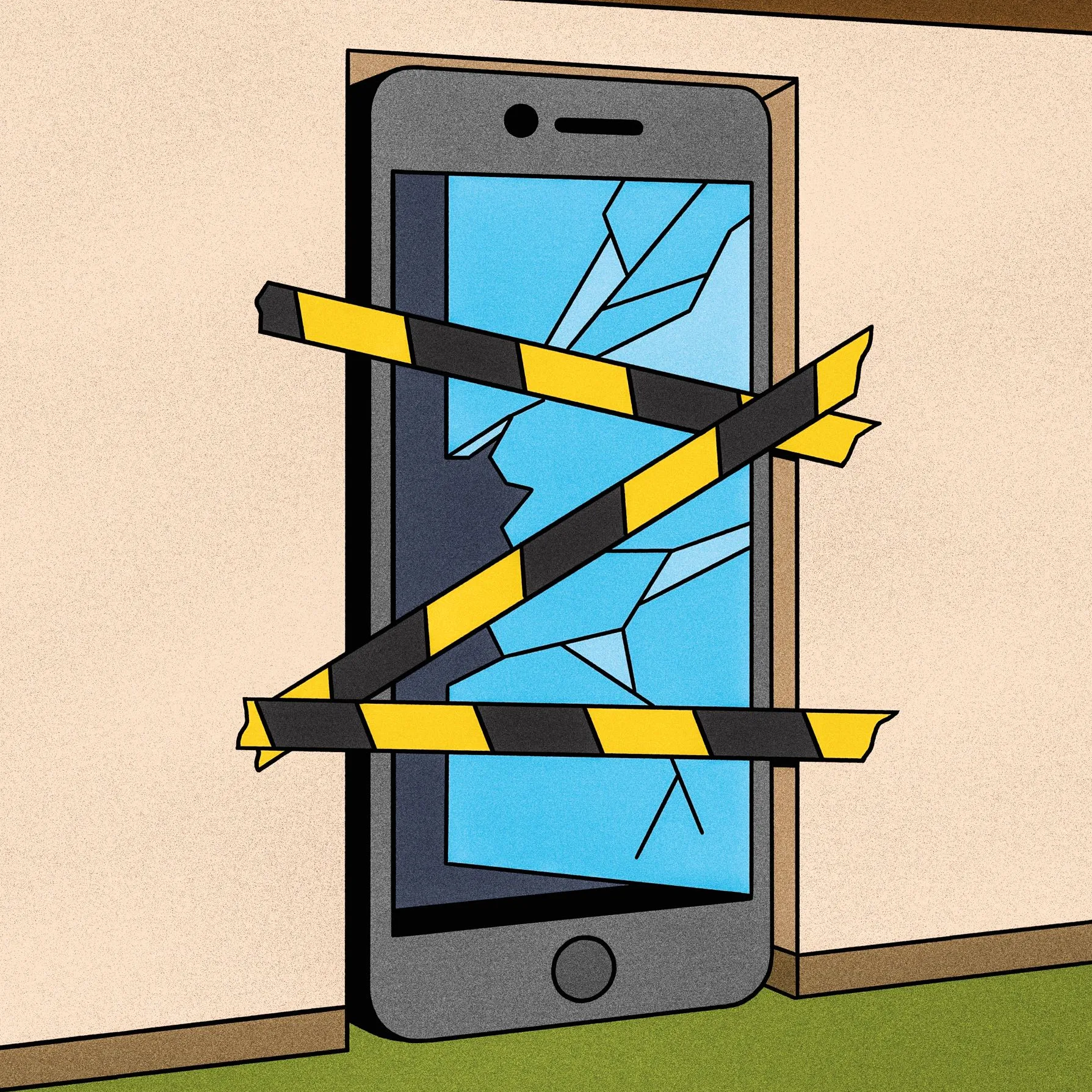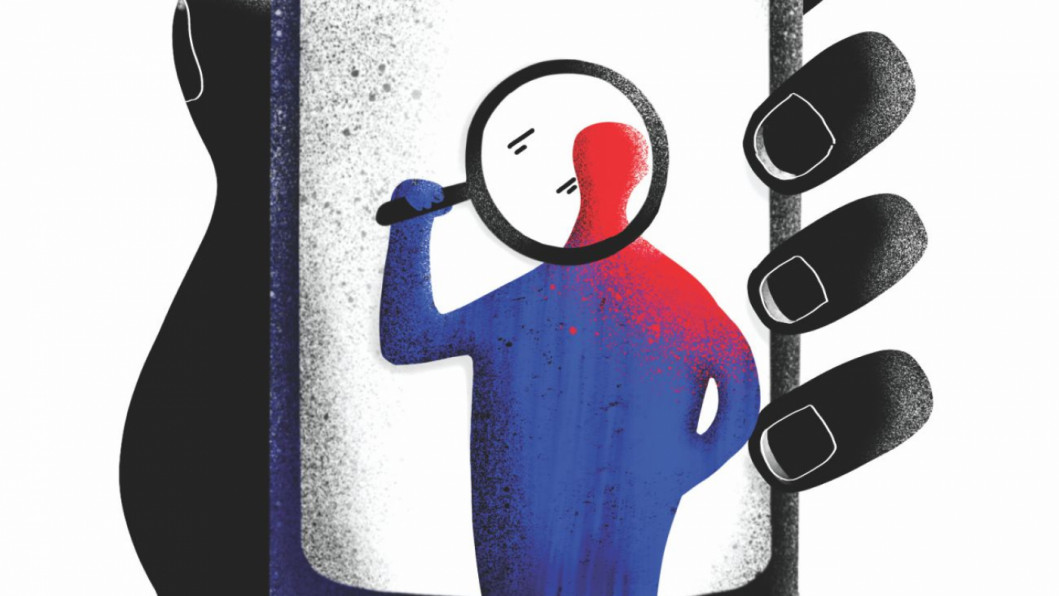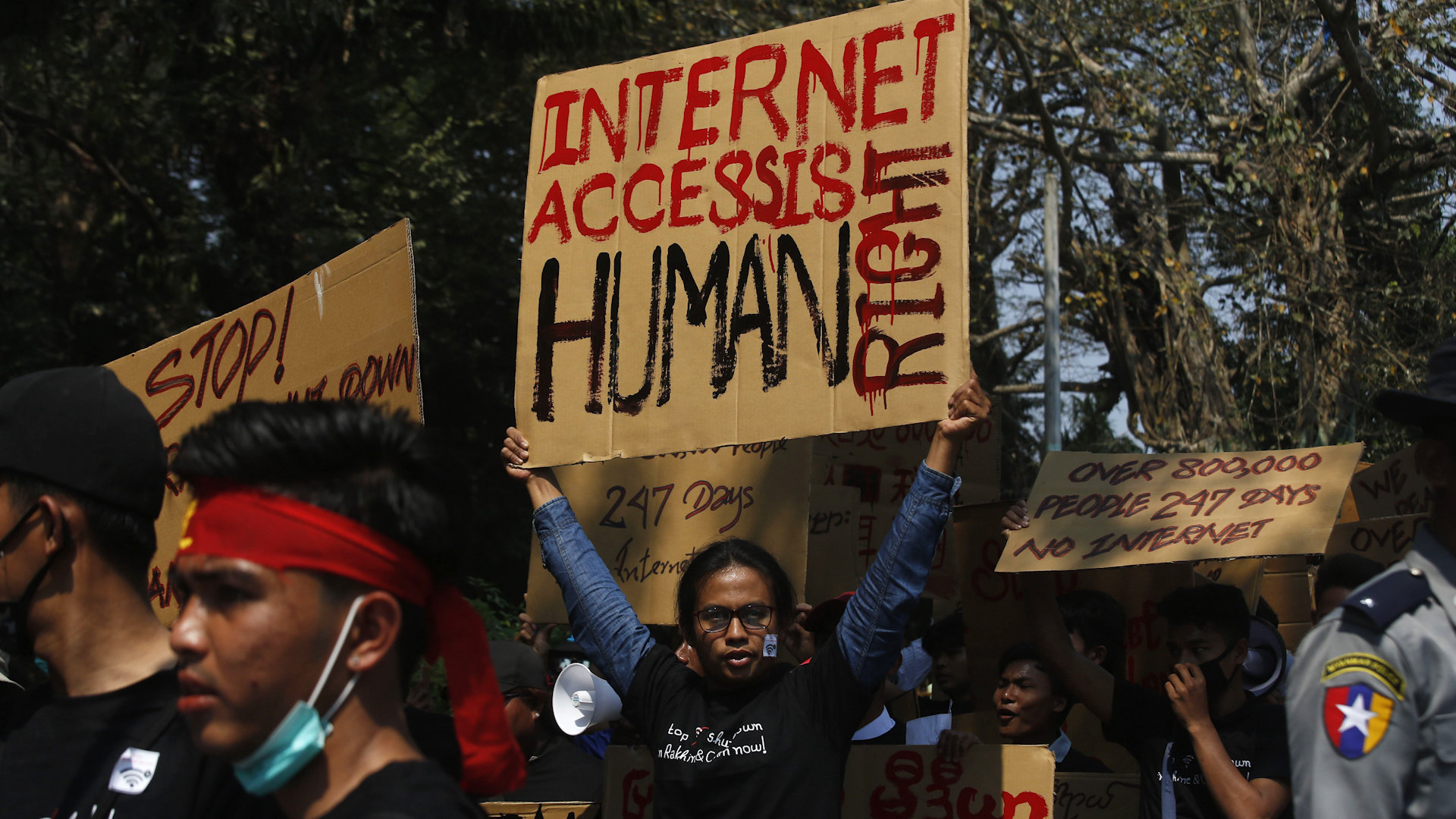Tag: freedom of speech
-

Human Rights in the Digital Era
Legal scholar Dr Upendra Baxi recently opined that protecting human rights in the digital era is a complex challenge for governments everywhere and more so in the case of India. After reading through his article and getting to know about the report on ‘Disinformation and Freedom of Opinion and Expression’, which was recently submitted by…
-

Need for the Re-Conceptualization of Human Rights in the Digital Era
Our lives are now controlled by digital technologies that subconsciously influence our judgments and have a bearing on our decisions, freedom, and perception of things. Digital technology has transformed the means through which human rights are both exercised and violated by affecting our freedom of speech and expression, association, right to privacy, and right against…
-

The Anuradha Bhasin Judgment and the Conditional Status of the Right to the Internet
The preamble to the Indian Constitution provides for the liberty of thought and expression to each and every citizen of the country. This solemn resolve is envisaged in Article 19(1)(a) of the Constitution which provides for freedom of speech and expression to its citizens. This freedom is restricted by Article 19(2) which provides for reasonable…
-
Abhiram Singh v C.D. Commachen: An Analysis
By Saloni Sharma, Amity Law School, Delhi. Here’s all you need to know about the aforementioned case of Abhiram Singh v C.D. Commachen, explained to you through a Power Point Presentation:
-
Judiciary, Media and Public Opinion: An Overview
By Arifa Khan, Post Graduate College of Law, Osmania University, Hyderabad. The media is regarded as the fourth pillar of any democracy. An independent media is necessary for keeping a check on the government and its organs. But with the increasing corporatisation of media and the race to grab more eyeballs for higher numbers, the media…
-
Internet Neutrality: Can India adopt it?
By Saurav Das, School of Law, Christ University. We must thank the telecom providers where it’s due. India has developed and on the tip of its boom due to its economy, people, education above all a good communication. Use of internet has always been a priority and this priority is greatly fulfilled by the telecom providers who…
-
Censoring the Awareness Stretch of the Press
By Anaida Kuthiala, Army Institute of Law, Mohali Since the very incarnation and inception and thereafter the enforcement of the Constitution of India, and in many of the Constitutions of the world, the free citizens have been given the right to freedom of speech, which, though not specifically mentioned in the Constitution of India, is…
-
Freedom of Speech v. Freedom after Speech
By Sneha Baul, CLC, Faculty of Law, Delhi University. The Part III of the Constitution of India enumerates the Fundamental Rights. Freedom of speech and expression comes under “Right to particular freedom”. The rationale of its validity is that the fundamental rights are basic structure of the Constitution. Any law that abrogates or abridges such rights…

